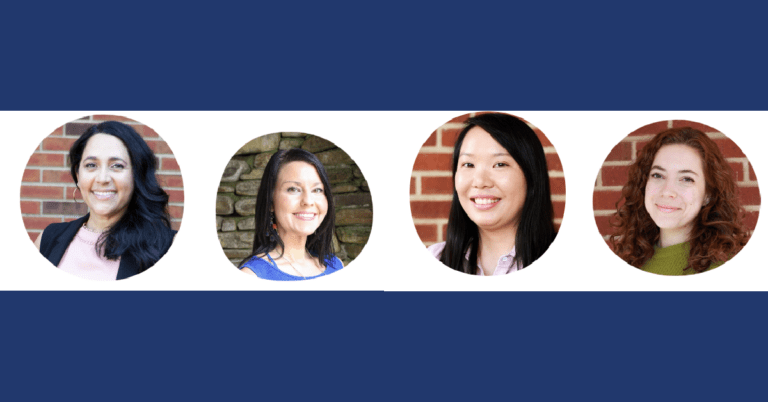“I don’t need therapy.”
“Therapy is stupid, no shade to you though.”
“My last therapist was stupid and I bet you are too.”
“This kid is “therapy resistant,” and has said they don’t want to attend therapy here either.”
“Therapy is a vibe killer, I’m just trying to chill.”
“They told me it was my fault, I bet you will too.”
“You don’t get it, and you’ll never understand what it’s like to be a kid in a group home.”
These are the comments clinicians can come into contact with when completing a client’s clinical intake. Some kids have previous therapy experiences and come in with expectations of what therapy will look like. So, how do you navigate it? How do you open the door to whatever the children, the caretakers, the intake documents are bringing you? Unconditional positive regard. Acceptance. Celebration.

Making Therapy a Safe Space Means Offering Unconditional Positive Regard
Carl Rogers coined unconditional positive regard as “caring for the client as a separate person, with permission to have their own feelings, their own experiences.” David G. Meyers further offers, “This is an attitude of grace, an attitude that values us even knowing our failings. It is a profound relief to drop our pretenses, confess our worst feelings, and discover that we are still accepted.”
Unconditional Acceptance and Celebration
The therapists at Crossnore take it beyond unconditional positive regard, moving into unconditional acceptance. Whatever our clients bring us, we drop the “good vs bad” and judgment at the door. We interact with our clients accepting what they are sitting with, validating them, and then moving into celebrating them.
“It’s different in this building.”
“You are not like my other therapists.”
“You just understand me more than other people.”
“You helped me learn that it’s okay to feel sad.”
“I just really need to talk to my therapist.”
Celebrating them for what? For surviving. For making it to the next day. For existing. We celebrate our clients’ experiences. And we let them know how happy we are to see them, how proud we are of them, and keep pushing them towards their own growth.

Taking a Bio Psycho Social Approach
In Crossnore’s therapy spaces, we take a bio psycho social approach when working with our kids. We identify how physical health, family relationships, peer interactions, social skills, coping skills, etc. impact their mental health. Our therapists understand that acceptance, encouragement, and celebration increase overall positive health outcomes.
“I’ve never shared that with anyone else before.”
“You are the only person I feel comfortable talking to.”
“I feel safe sharing this with you. I wouldn’t share this with other people.”
“You are the only person I’ve ever told this.”
“Dang, you’re good. You know how to get me in my feelings.”

Making Therapy a Safe Space Means Showing Up for Our Clients
Full, unconditional, unwavering acceptance means celebrating each client’s race, socioeconomic status, sexual orientation, family of origin, gender, age, religious beliefs, abilities, education, life experiences, behaviors, worldviews, etc.
We show up for our clients. Over and over and over. We celebrate them. We push them. We advocate for them. And we care deeply about them. For some of our clients, they share with us that we are the first adults in their lives who have cared for them in this way. Consistency builds trust. And trust is essential for our clients to do this work.
“You showed up for my kids when I couldn’t be there.”
“Thank you for always being there, even when I was mean to you.”
“Therapy isn’t thaaaat bad…. I guess.” (We’ll take it. Growth is growth!)
“I trust y’all because y’all listen and try to help me out.”
“I’ve never liked therapy before coming here, but I do now. It feels more like it’s about me and what I want.”
“I feel safe in therapy, I know I can trust you.”
And in truth, our clients who are deemed “therapy resistant,” are typically the kiddos shouting our names across campus, begging for their therapist to pick them up, or dropping by the clinical building “for fun.” When humans are accepted, celebrated, and advocated for, it’s amazing to watch them grow into their best versions of self. We are honored to walk alongside our clients and be a part of their growth and healing.
Thank you to Lauren Staley Stone, LCMHC LCAS C-DBT, Donna Ratcliff, LCSWA, MKayla Nelson, LCSWA, and Shelby Jones, LCSWA, for sharing additional quotes and stories from your experiences with your clients. I’m honored to work alongside such dedicated & talented clinicians and humans each day.



